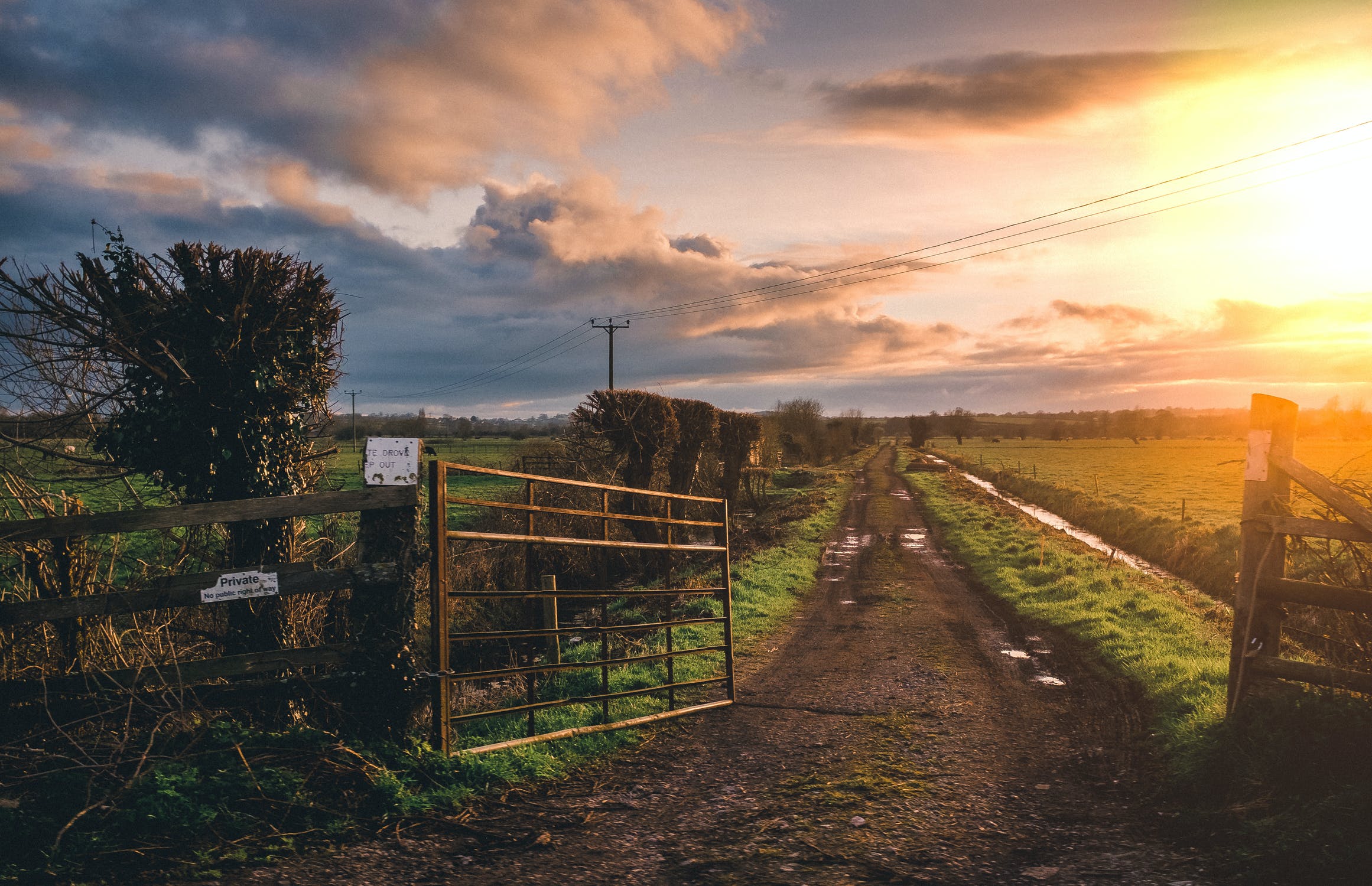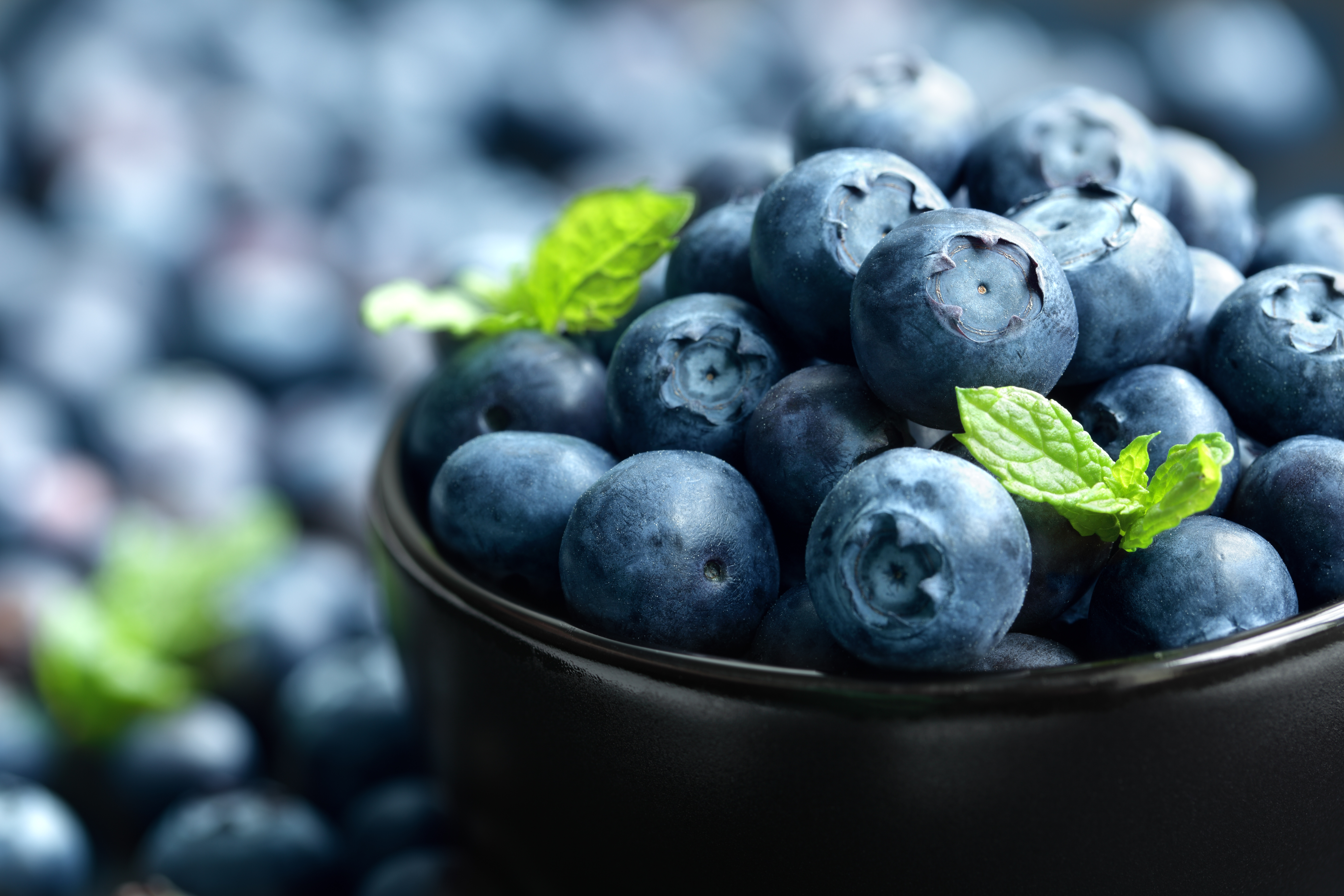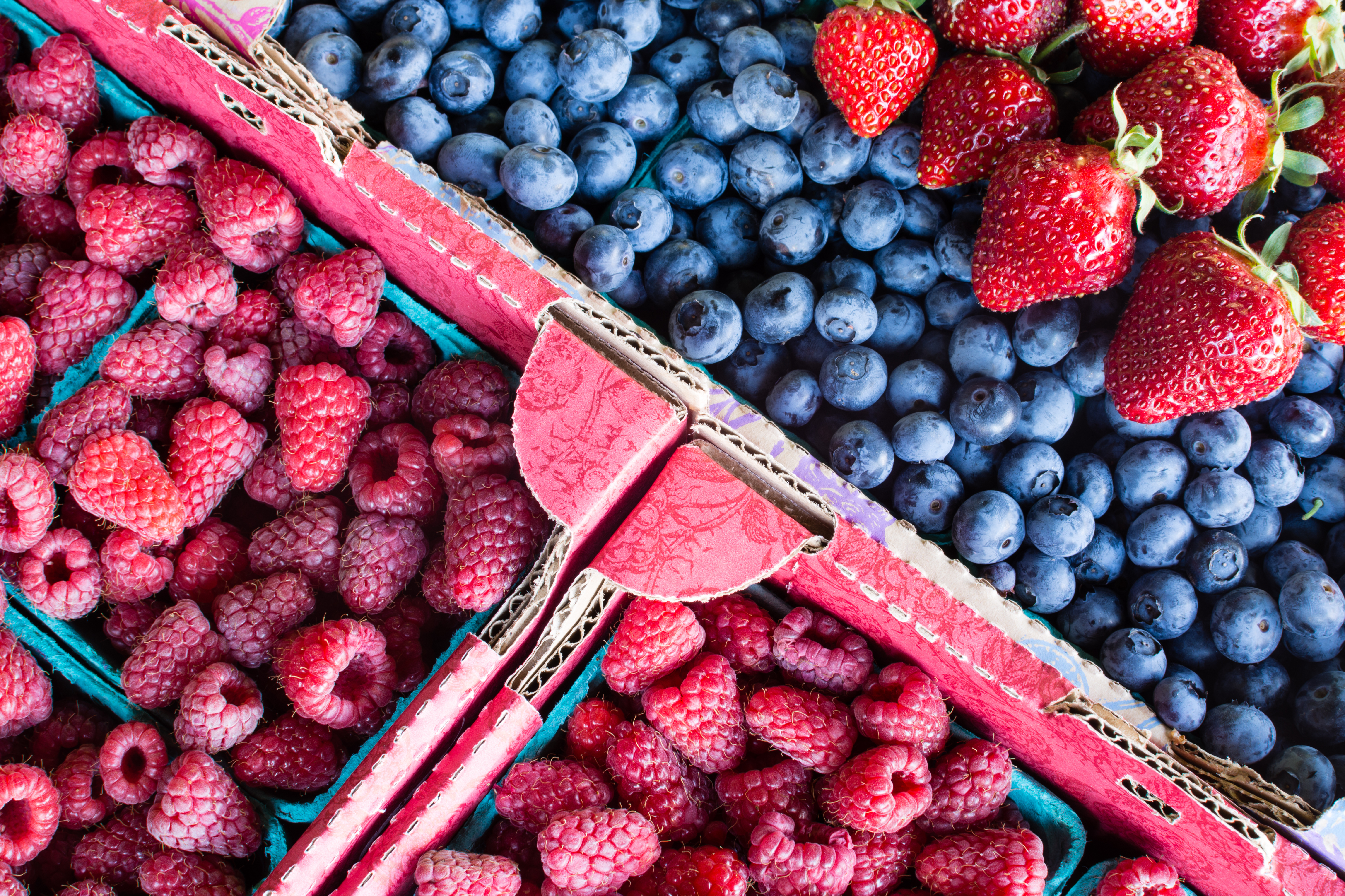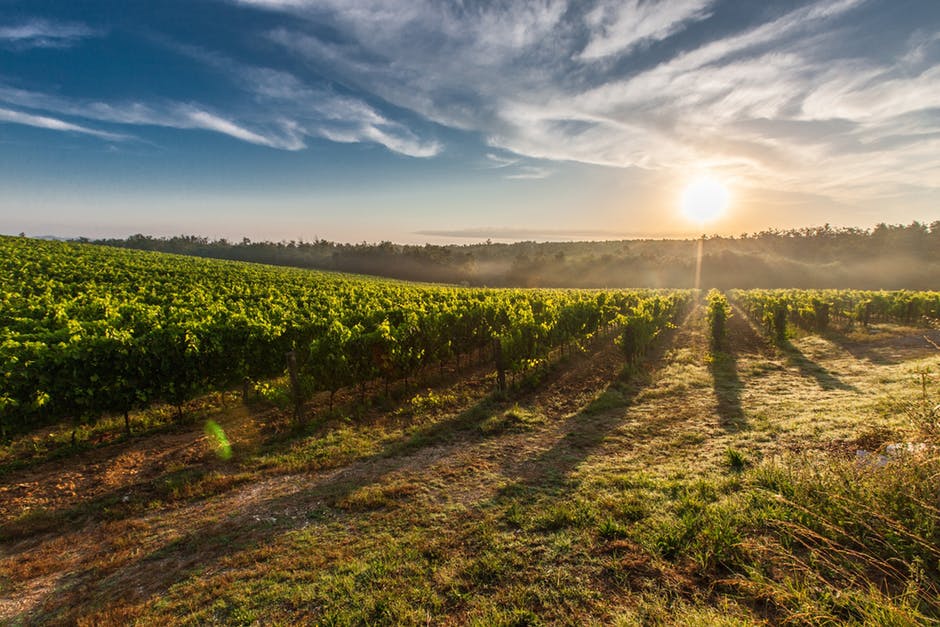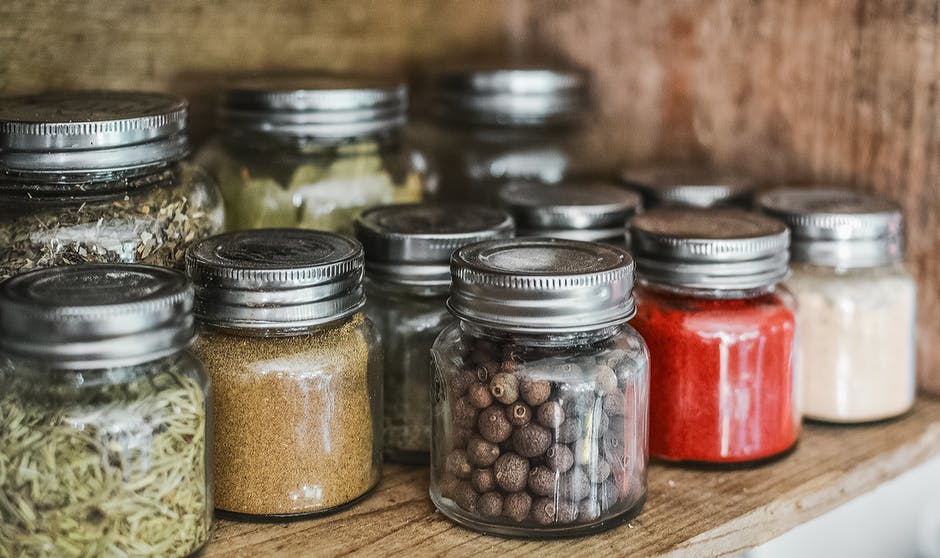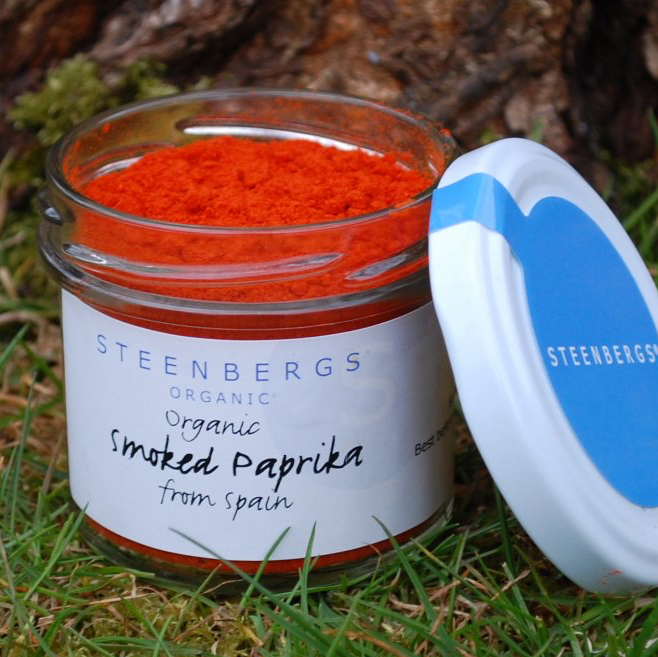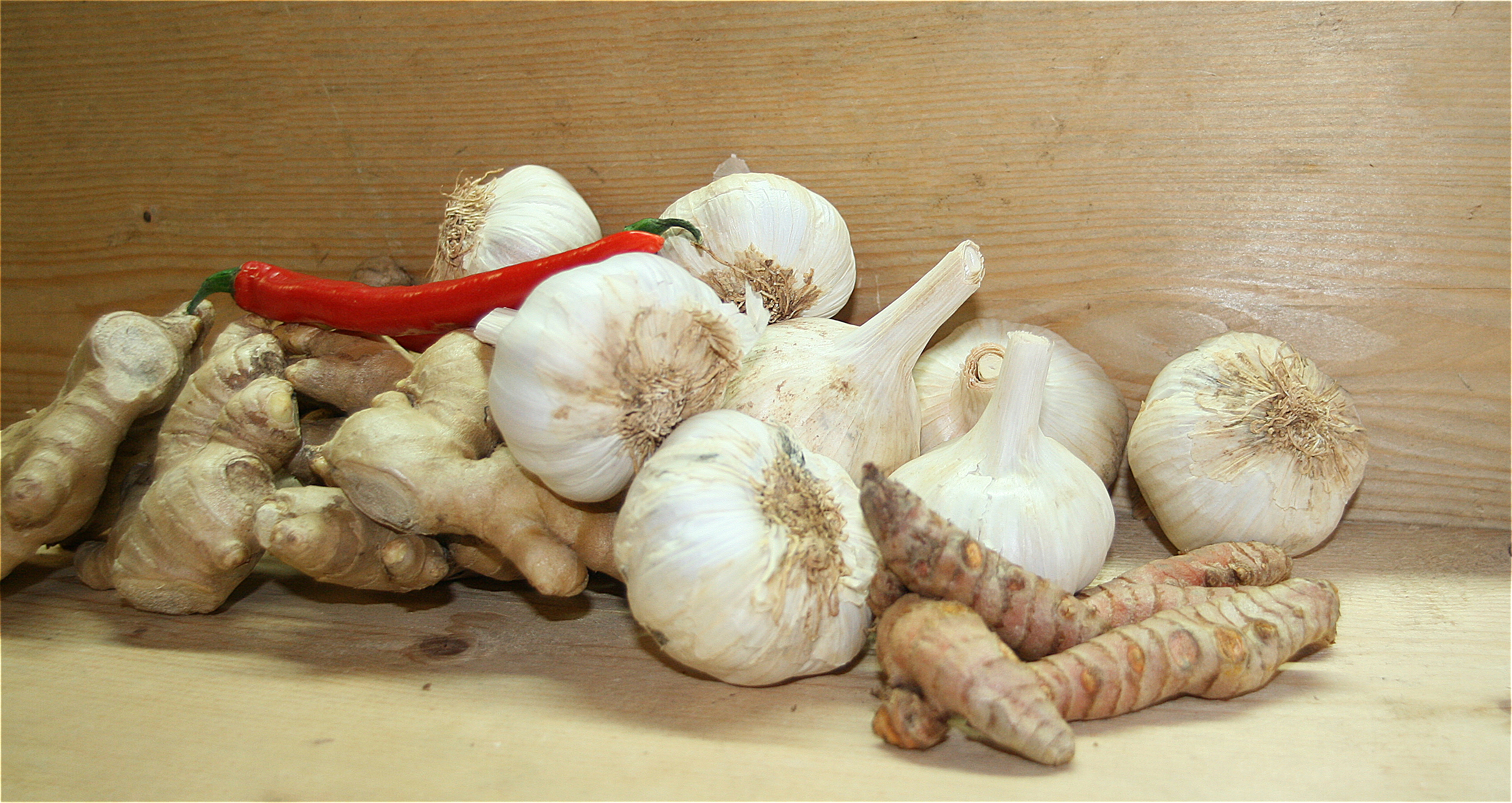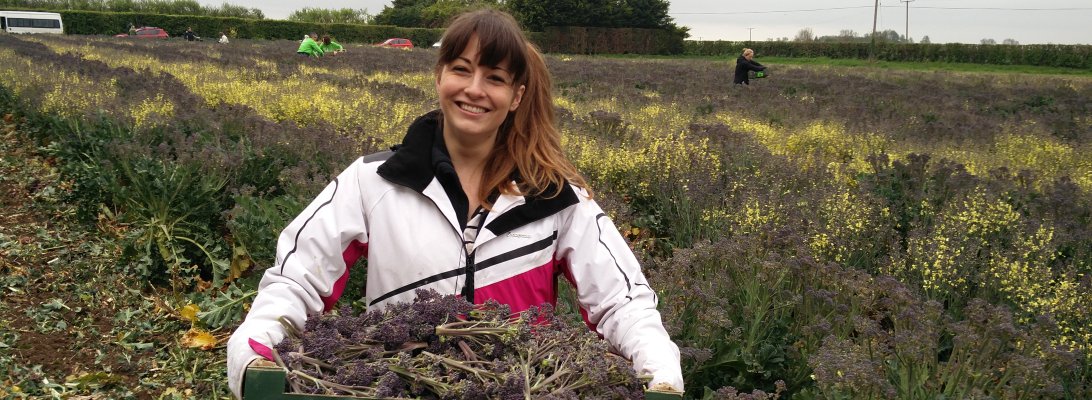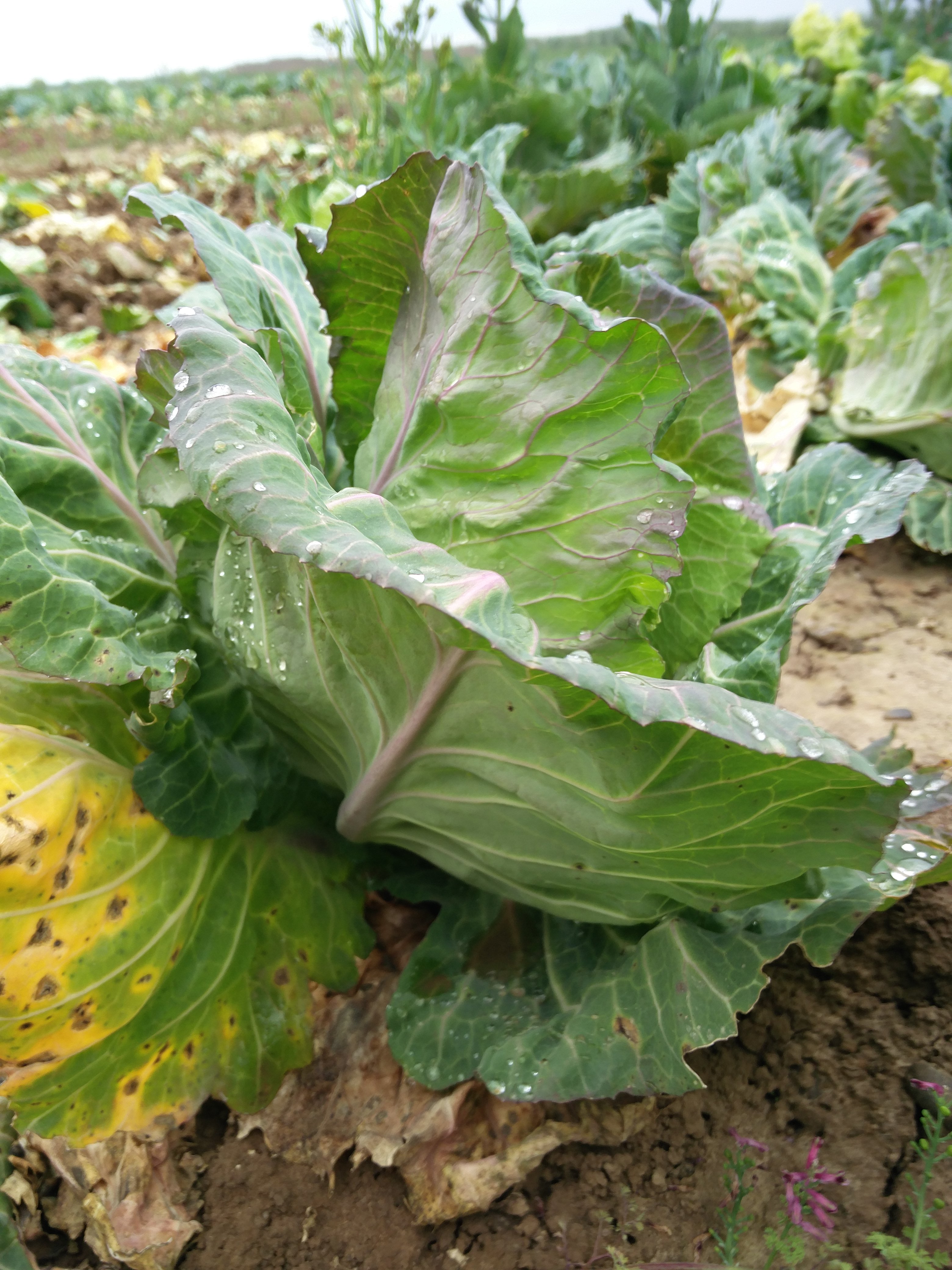2020 has been an unusual year to say the least! There have been so many difficulties and extreme situations for us all to deal with – but for many it has brought some welcome perspective on everything we have taken for granted for so long – our freedom and spare time, our health and relationships with family and friends.
Positive outcomes have included a strengthening of local communities, an increased appreciation of our surroundings and green spaces and a recognition of the importance of food and our health – as well as renewed interest in cooking meals from scratch. One of our customers worked her way through every recipe in one of Yotam Ottolenghi’s books over lockdown! This may have been extreme, but research commissioned by Tesco which questioned 2,000 adults found that during the lockdown:
- more than 20% cooked every meal from scratch compared to 12% previously. And 89% vowed to continue doing this after lockdown
- more than 50% had been using extra ingredients in their cooking
- 33% think that mealtimes have become more of an occasion
- more children have been getting involved in food preparation for the first time

At Greener Greens we spoke to many new customers during lockdown. A common theme appeared to be a move towards more seasonal, fresh, quality produce which has been grown more locally. Many people have started to wonder where their food actually comes from and have actively started to seek out produce with a short and transparent supply chain. In essence our new customers were saying “We want food that is good for our health, immunity and the environment; that is safe and also tasty.”
This has been supported by separate research which found shoppers are showing a growing interest in provenance and animal welfare. British customers want British produce and information about ethical practices on packaging. Even large food manufacturers agree, with the Head of Sustainability at Kerry Group saying that; post lockdown 50% of shoppers want to consume food more responsibly (a new record high), 75% want to know more about the safety of their food, 51% want to understand more about what is in their food and 45% actively buy products that are better for the environment.
Consumers are making their wishes crystal clear – however the vast majority of fresh and processed food on supermarket shelves still does not meet any of their required criteria! Instead most food production involves intensively farmed plants or animals. For plants this means large areas of monoculture (single crop growing, instead of traditional multi crops selected for natural pest control) and the use of pesticides and other chemicals for pest and weed control. The chemicals deplete bacteria, fungi and animals in the soil that convert metals and other nutrients into a form which plants can absorb – and are key to the quality of the food that is grown.

There has been a direct link made between environmental damage and intensive farming. The BirdLife report from 2017 stated that globally, one in eight species of birds is at risk of extinction directly because of intensive farming, and research shows that we have lost over 70% of our winged invertebrates on intensively farmed lane. Yet, this type of agriculture is still heavily subsidised by the government but is not held responsible for the damage caused – the polluter is incentivised to pollute!
Switch then to our organic growers – farmers who sustain the health of the soils and ecosystems on their farms by not using pesticides, keeping large wildflower margins and sometimes even using a ‘no-dig’ technique on their farms that mimimises the amount of carbon released into the atmosphere. Our growers ensure that wildlife populations are enhanced by the land they use to grow on, rather than harmed. Visit the ‘Our Growers’ page on our website to learn more about what they do and how they do it – it’s a whole other essay for us to go in to now!

So, here at Greener Greens we celebrate our small, independent growers. How about celebrating yours by sourcing quality produce either direct from farmers or from suppliers who can tell you about them and their methods? We’ve been through a lot this year, it’s time to make positive change for ourselves – we’ve earned it!


